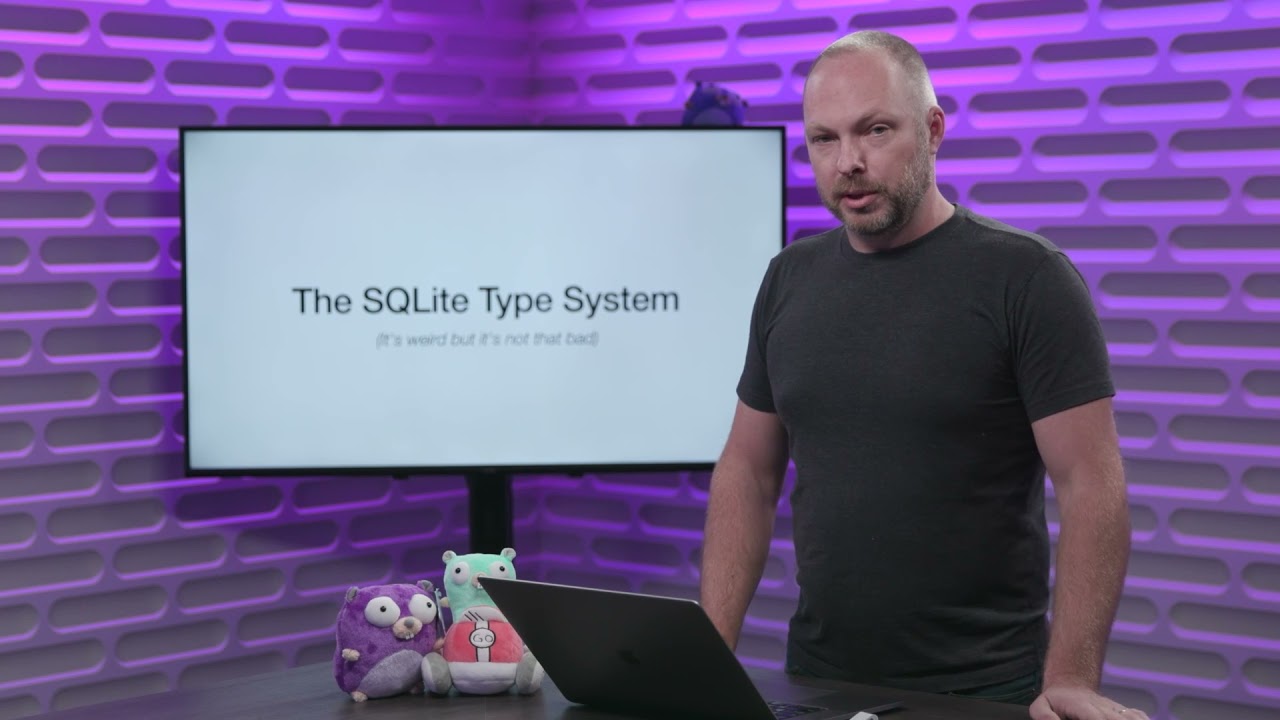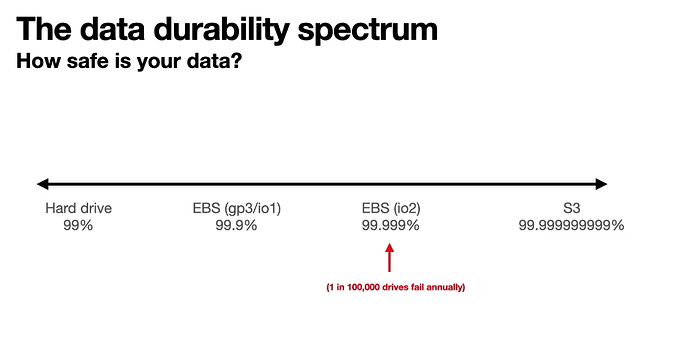Interesting presentation by Ben Johnson on using SQLite in Go:
This is very interesting as Ben wrote the popular BoltDB embedded Go database, but since then it appears he favors SQLite.
In the presentation, Ben discusses durability:
Ben also wrote a tool that replicates a SQLite database to S3 in real-time.
This is all very interesting as I’d like a better database solution in Simple IoT. Genji has done pretty well, but the Db file format is still changing every release, so that makes SIOT upgrades more painful. I’m also realizing that we’ll need to cache quite a bit in SIOT to get the performance we need, so the database is less important. Anyway, it seems SQLite could be a good solution that will scale from embedded edge systems to server/cloud systems with real-time backups.

